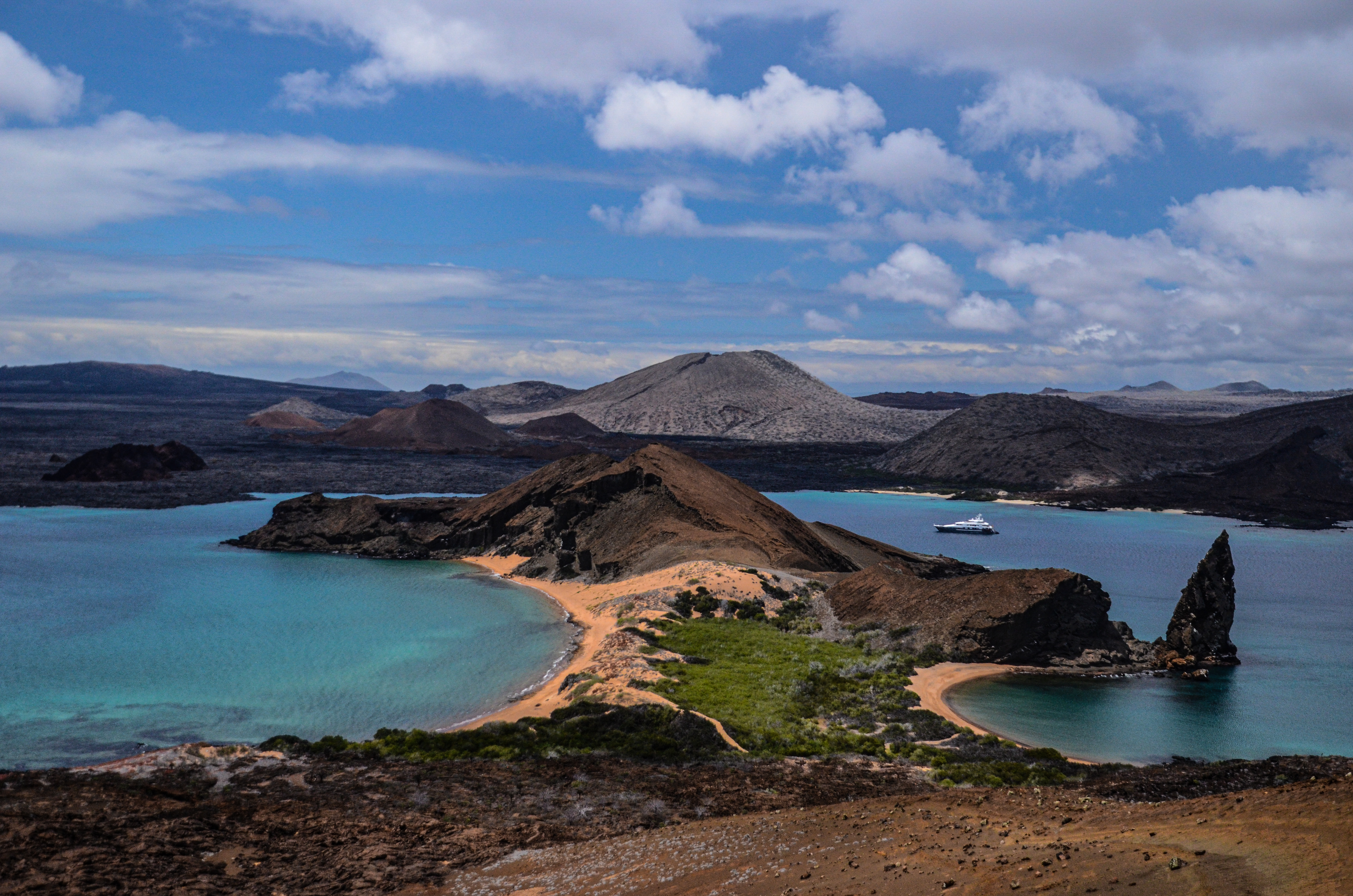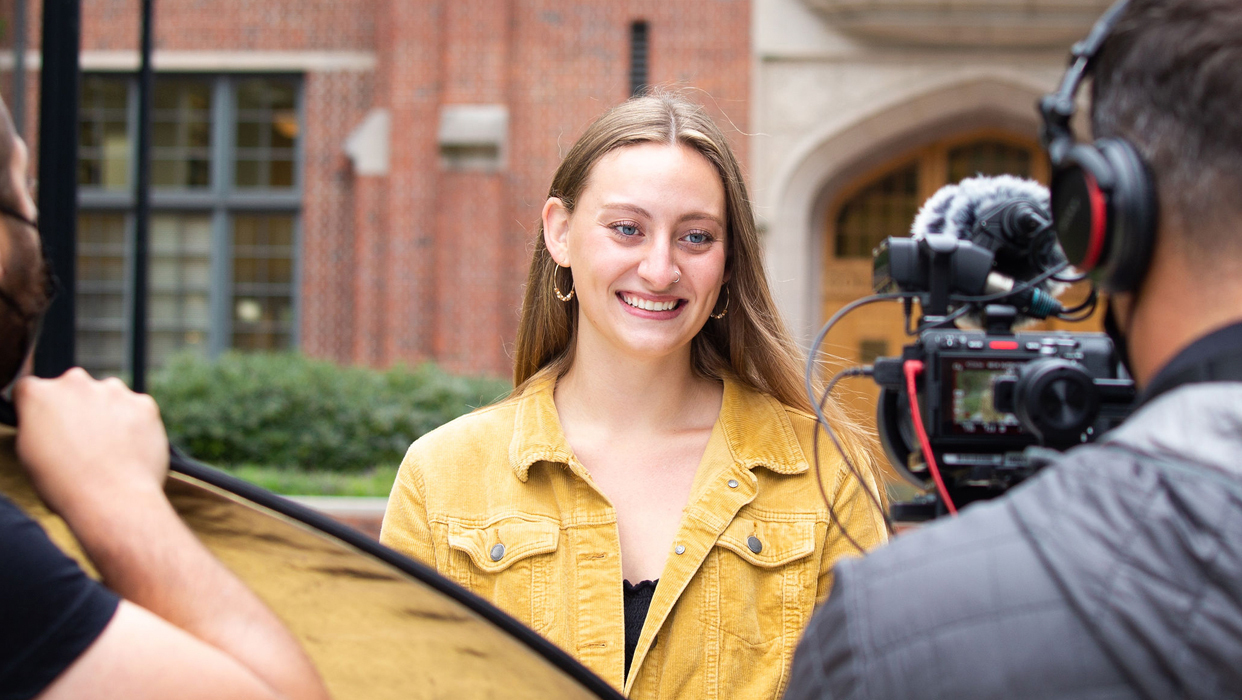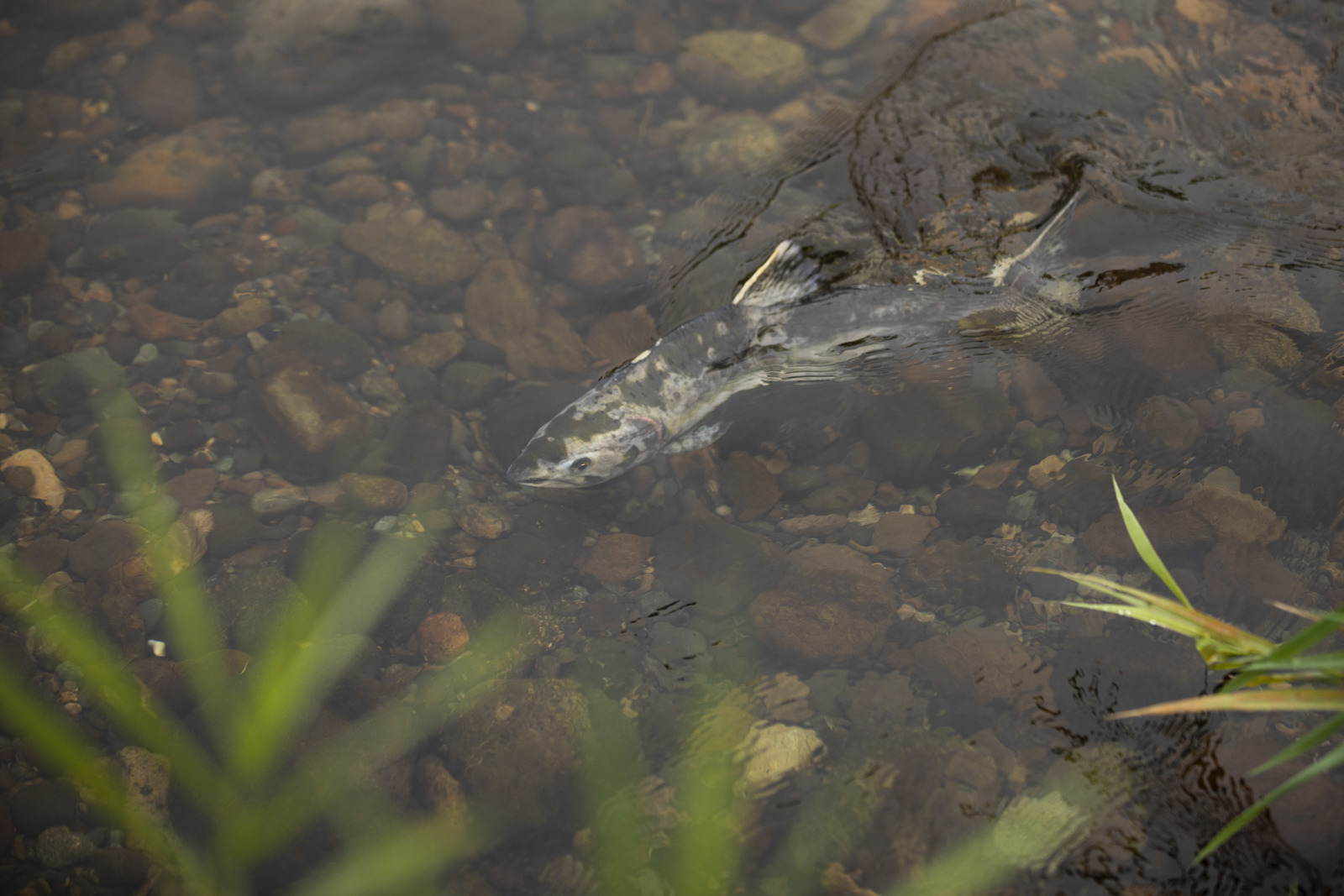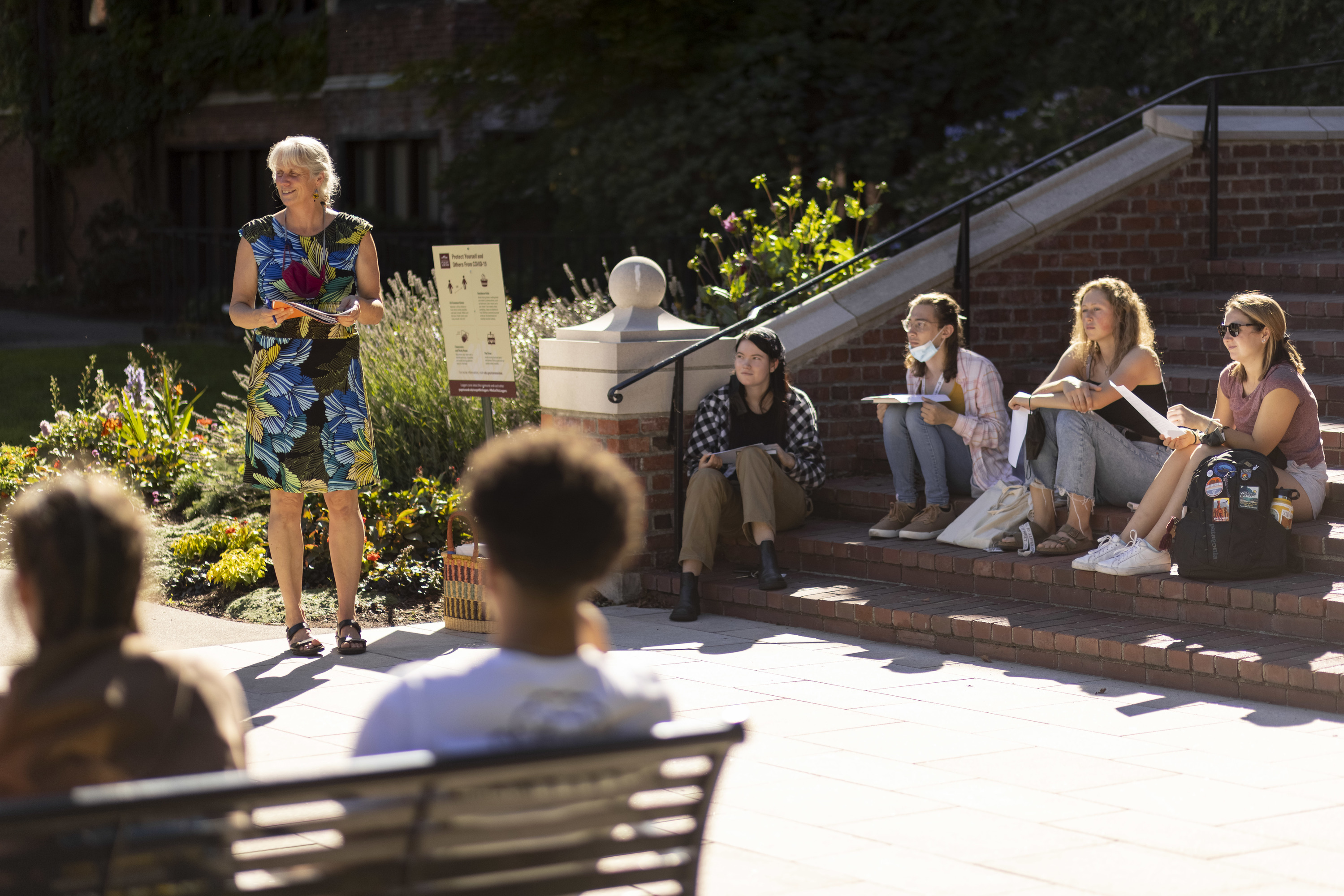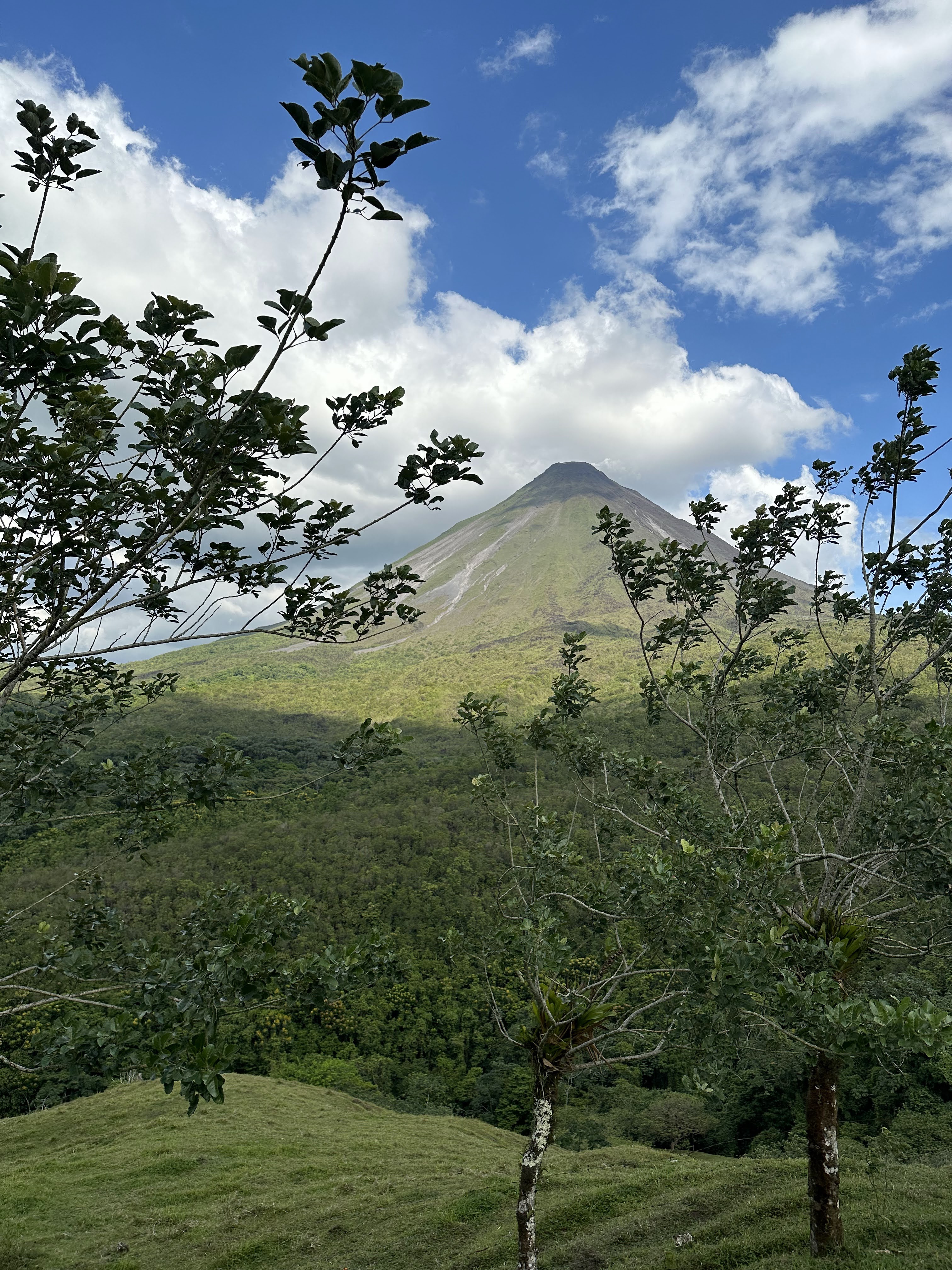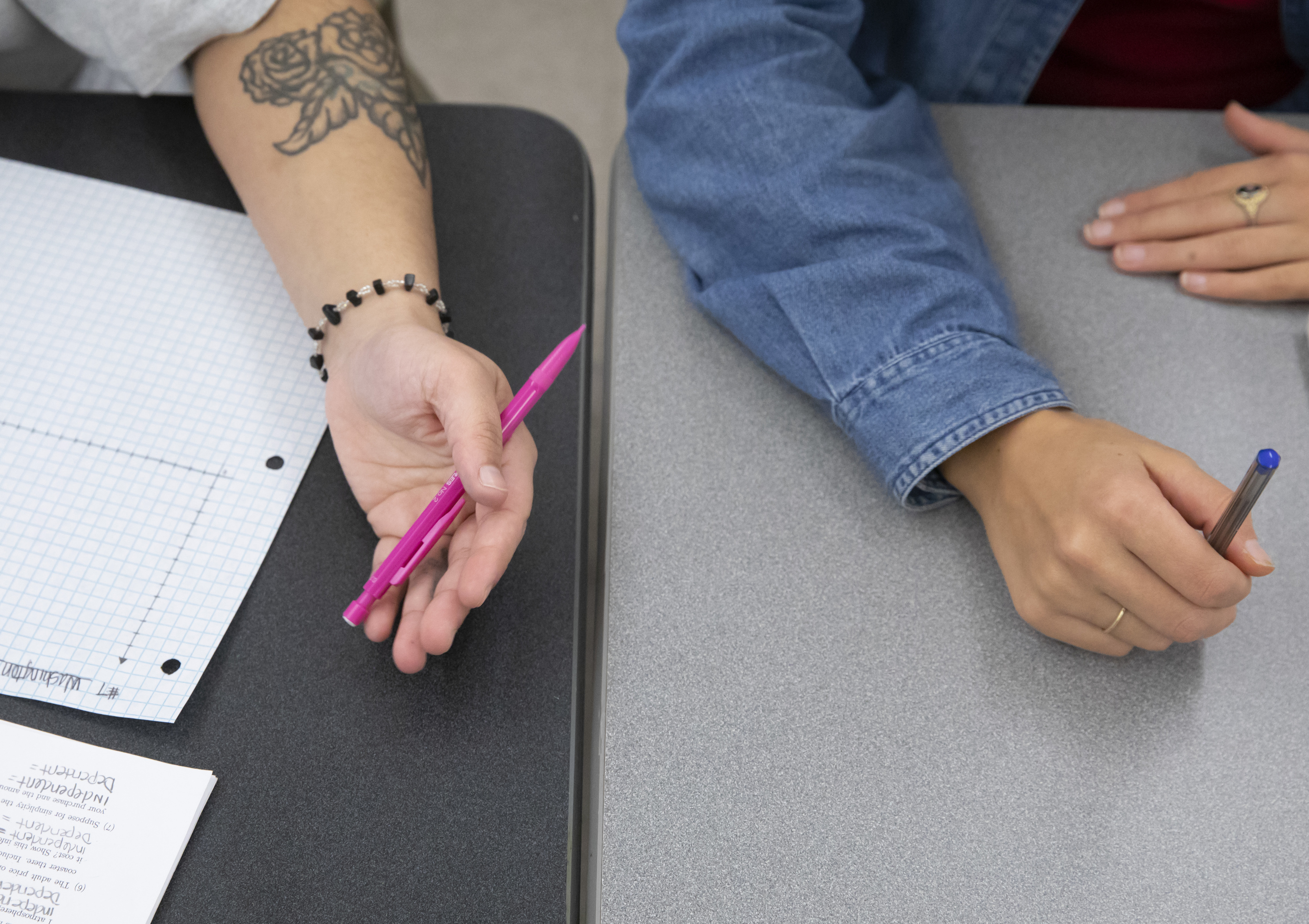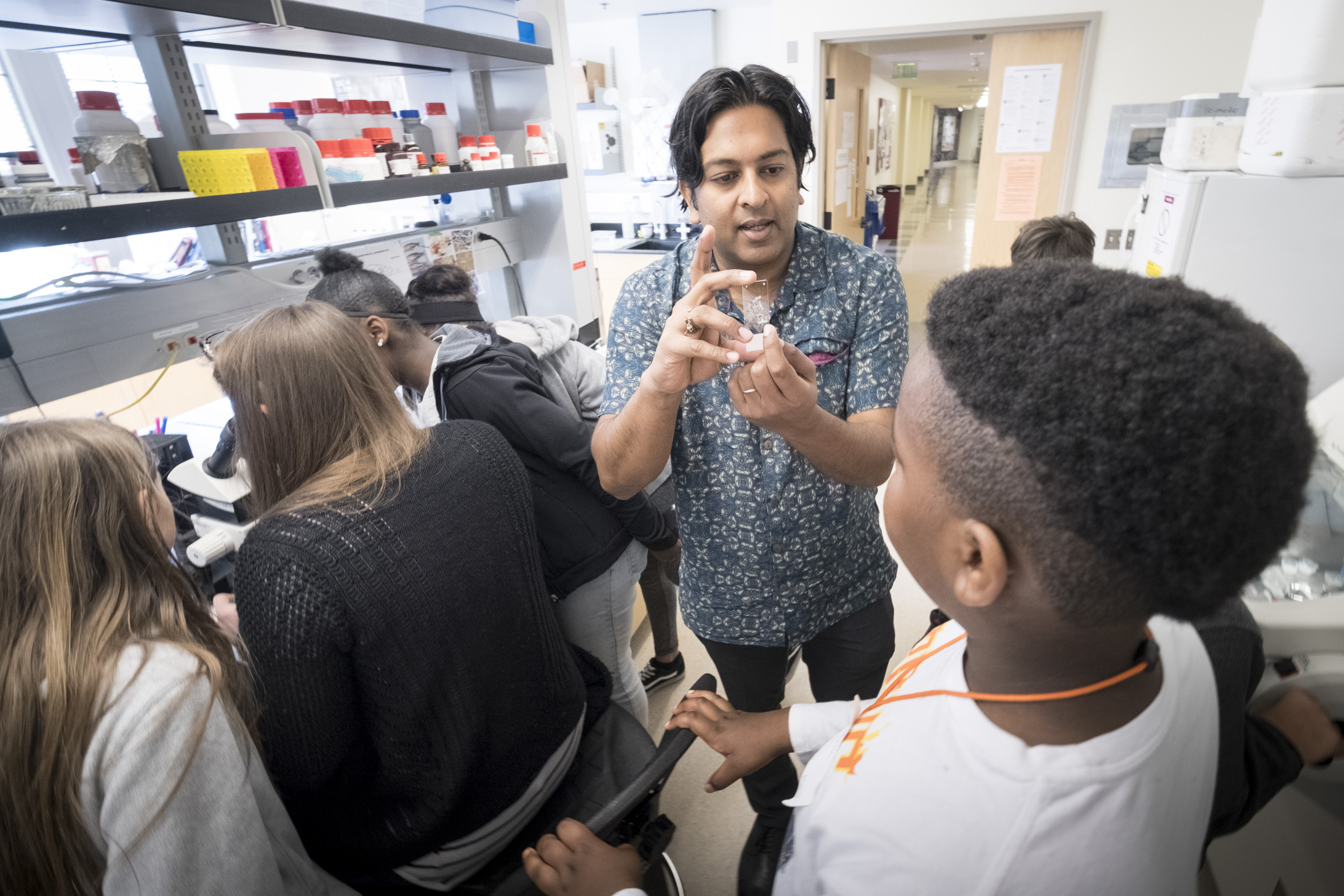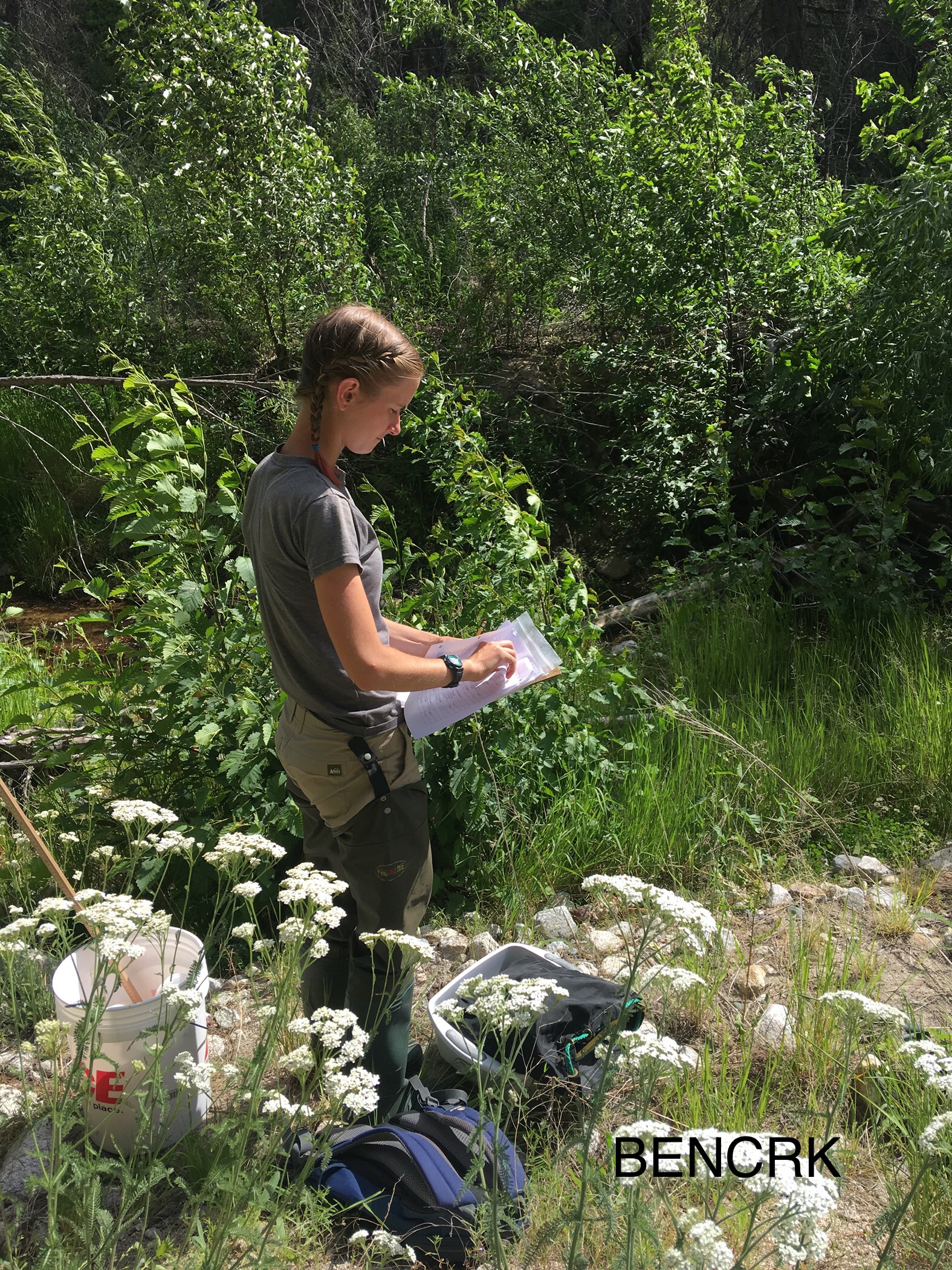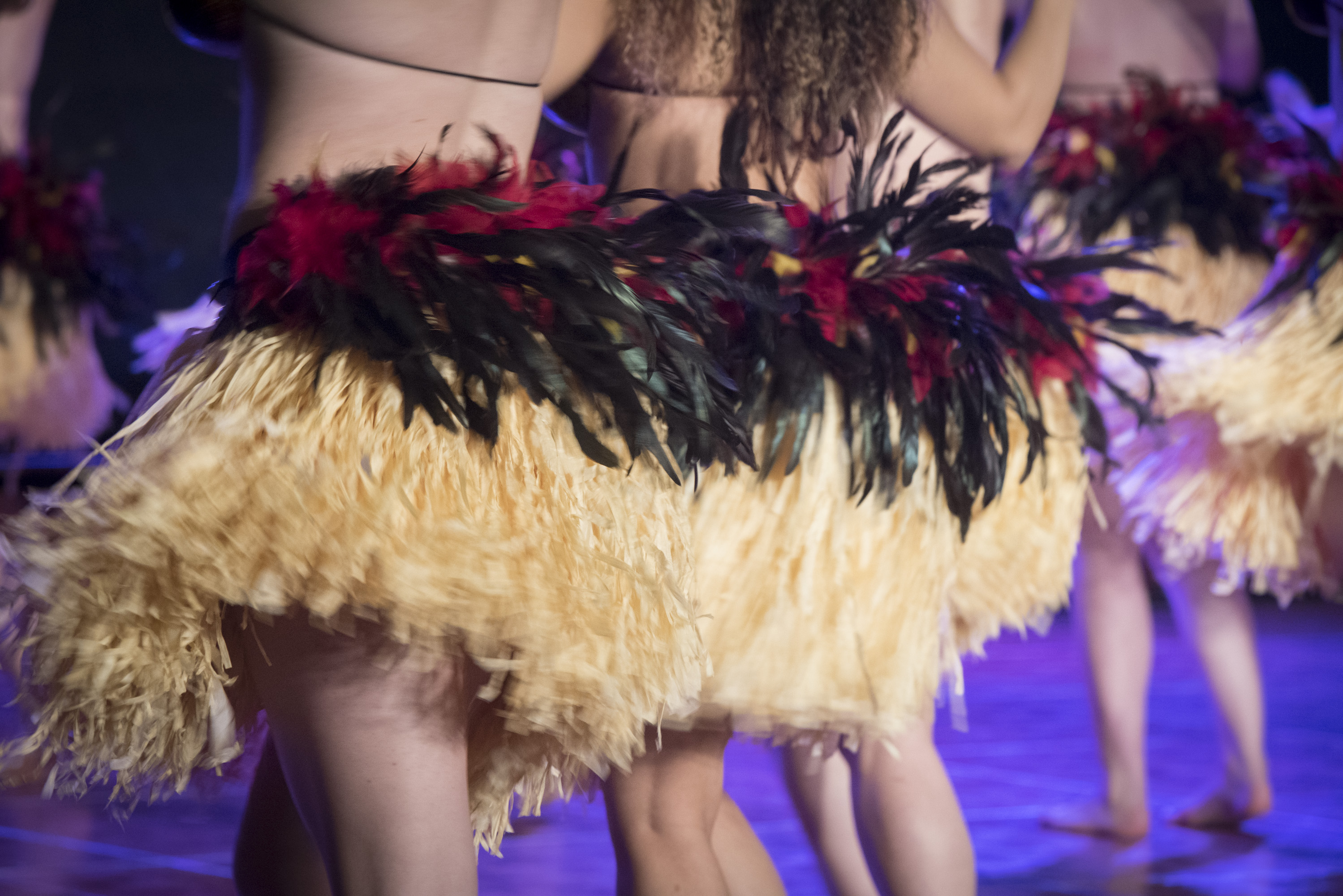For Reggie Westgate ’27, an email from Environmental Studies & Sciences Professor Kena Fox-Dobbs changed everything. It was an invitation to apply for the university's Georneys (pronounced "journeys") trip to the Galápagos Islands, an opportunity he immediately jumped on.
“It felt like a no-brainer,” Westgate said. “Traveling with a group of people who were just as interested in all the critters and landscapes as I was sounded incredible.”
Westgate, a double major in biology and environmental policy and decision making, was among 13 University of Puget Sound students and four alumni who traveled to the Galápagos Islands, one of the most biologically diverse places on Earth. Led by Fox-Dobbs and joined by Professor of Environmental Studies & Sciences Michael Valentine and Professor of Biology Emeritus Peter Wimberger, the trip provided an opportunity to explore natural history, environmental science, and cultural landscapes beyond the classroom.
The Galápagos trip is part of the university’s Georneys program, a long-standing experiential learning initiative supported by the F.A. McMillin Memorial Fund, which was established in 1990 in honor of geology Professor F.A. McMillin. While originally focused on geology, the program has since expanded to encompass a wide range of environmental and natural history topics. Students from diverse academic backgrounds—ranging from natural sciences to environmental policy—took part in the trip, each bringing unique perspectives to the experience.
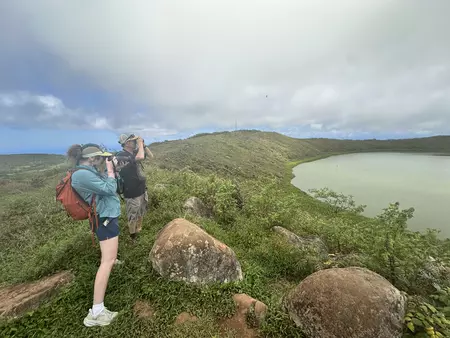
“Everyone on the trip had an interest in environmental issues and natural history, but not all of them were geology majors,” Fox-Dobbs said. “That made for a really dynamic learning environment where students brought different perspectives and experiences.”
Ditching the gray, rainy skies for sunshine and sand, the group explored the Galápagos Islands, an archipelago about 600 miles off the coast of Ecuador in the Pacific Ocean. Their itinerary included water- and land-based excursions, with daily activities that included snorkeling alongside sea lions and tropical fish, hiking through volcanic landscapes, and visiting conservation sites home to the famous Galápagos tortoises. It was an immersive educational experience, incorporating environmental studies and historical insights, including visits to locations once frequented by pirates and the U.S. military.
For Westgate, the trip’s biggest draw was the chance to blend outdoor adventure with hands-on learning.
“I have always been super interested in the intersection of outdoor experiences and higher education,” he said. “The Georney felt like a terrific way to experience that intersection."
The trip also pushed students beyond their comfort zones. Several participants overcame their fear of the ocean, gaining access to a vibrant marine world they might not have otherwise explored.
“More students than I knew admitted they weren’t completely comfortable in the ocean before the trip,” Fox-Dobbs said. “By the end, they had gained confidence and discovered a whole new world beneath the water.”
Another highlight was visiting the Sierra Negra caldera, one of the world’s largest active volcanic craters, measuring about 7.2 kilometers by 9.3 kilometers.
“You don’t realize how massive it is until you’re standing on the edge,” Fox-Dobbs recalled. “It was a humbling, awe-inspiring moment for all of us.”

Beyond the natural wonders, the trip emphasized the importance of global perspective and cultural exchange. For some students, this was their first time traveling outside the United States. The group not only learned about the islands’ natural history but also about the people and culture of Ecuador.
“Being a citizen of the world involves learning from other people and places,” Fox-Dobbs said.
This broader worldview was a key takeaway for Westgate, who engaged in critical conversations about preservation and conservation throughout the trip.
“We focused a lot on the Galápagos, but those ideas and conversations can be applied on a much broader scale, including the United States,” he said.
Accessibility was a cornerstone of the trip’s design. Thanks to the McMillin fund, students only had to pay a small portion of their international airfare, along with spending money for souvenirs or other items. The fund covered housing and meals, making the experience financially feasible for many. The university partnered with Ecuador Eco-Adventures, a geoscience-focused tour operator, to ensure professional support throughout the journey.
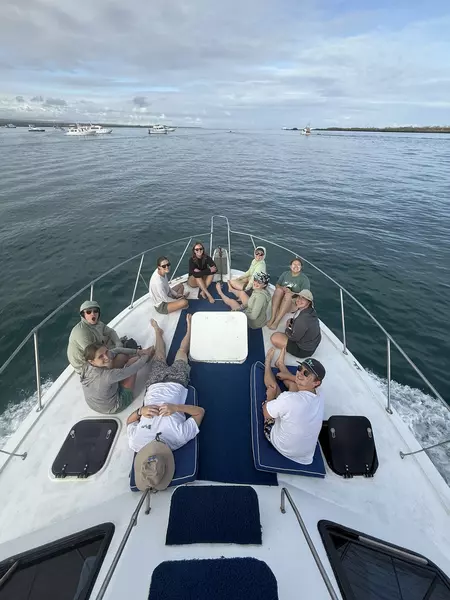
“We designed the trip so that students felt safe and supported at every step,” Fox-Dobbs said. “Whether it was having a guide in the water for snorkeling or providing an alternative activity for those needing a break, our goal was to make this an inclusive learning experience.”
For many students, this journey was more than just an opportunity to study abroad—it was a chance to view the world through a fresh perspective. It highlights Puget Sound's commitment to experiential learning, a graduation requirement. This approach not only enriches students' understanding of themselves but also deepens their connection to the world through the direct application of their knowledge.
“It’s one thing to study environmental science in the Pacific Northwest, but going somewhere entirely different gives you a whole new perspective,” Fox-Dobbs said. “Experiential learning like this helps students become global scholars, understanding not just ecosystems but the cultures and communities that depend on them.”
This trip to an area with a unique history and vulnerable species serves as a powerful reminder of the importance of environmental stewardship. Students returned with a deeper understanding of the interconnectedness of global ecosystems and the urgent need to apply lessons learned in the Galápagos to conservation efforts in their own communities and beyond.
A future Georneys trip to Taiwan is planned for 2027, continuing Puget Sound's commitment to providing students with opportunities to explore, learn, and grow beyond the classroom.
